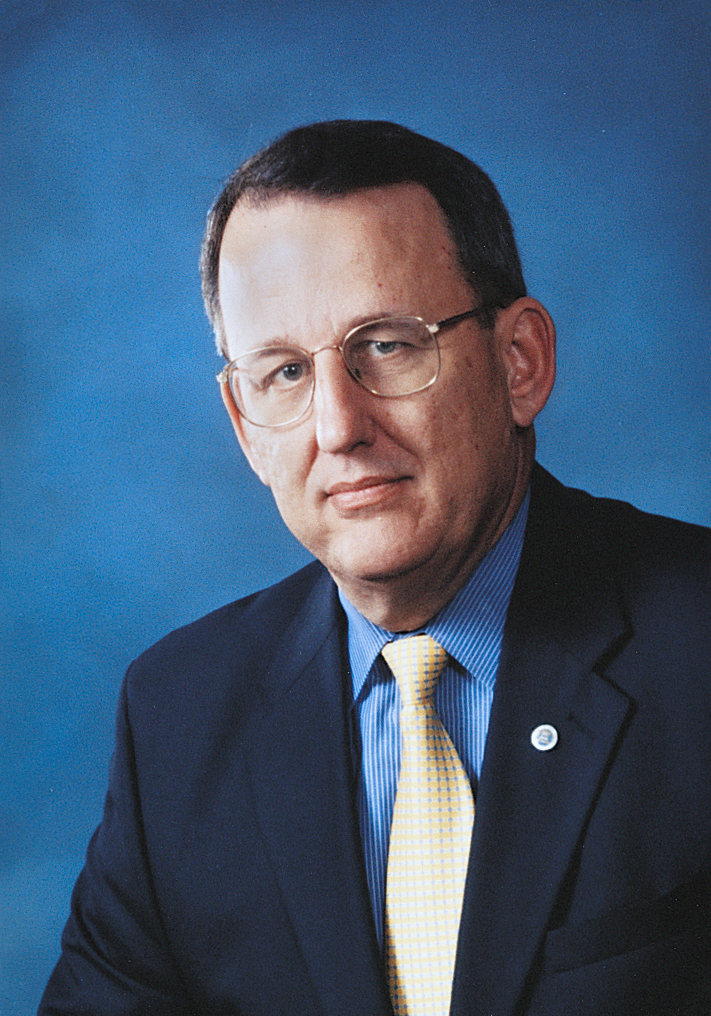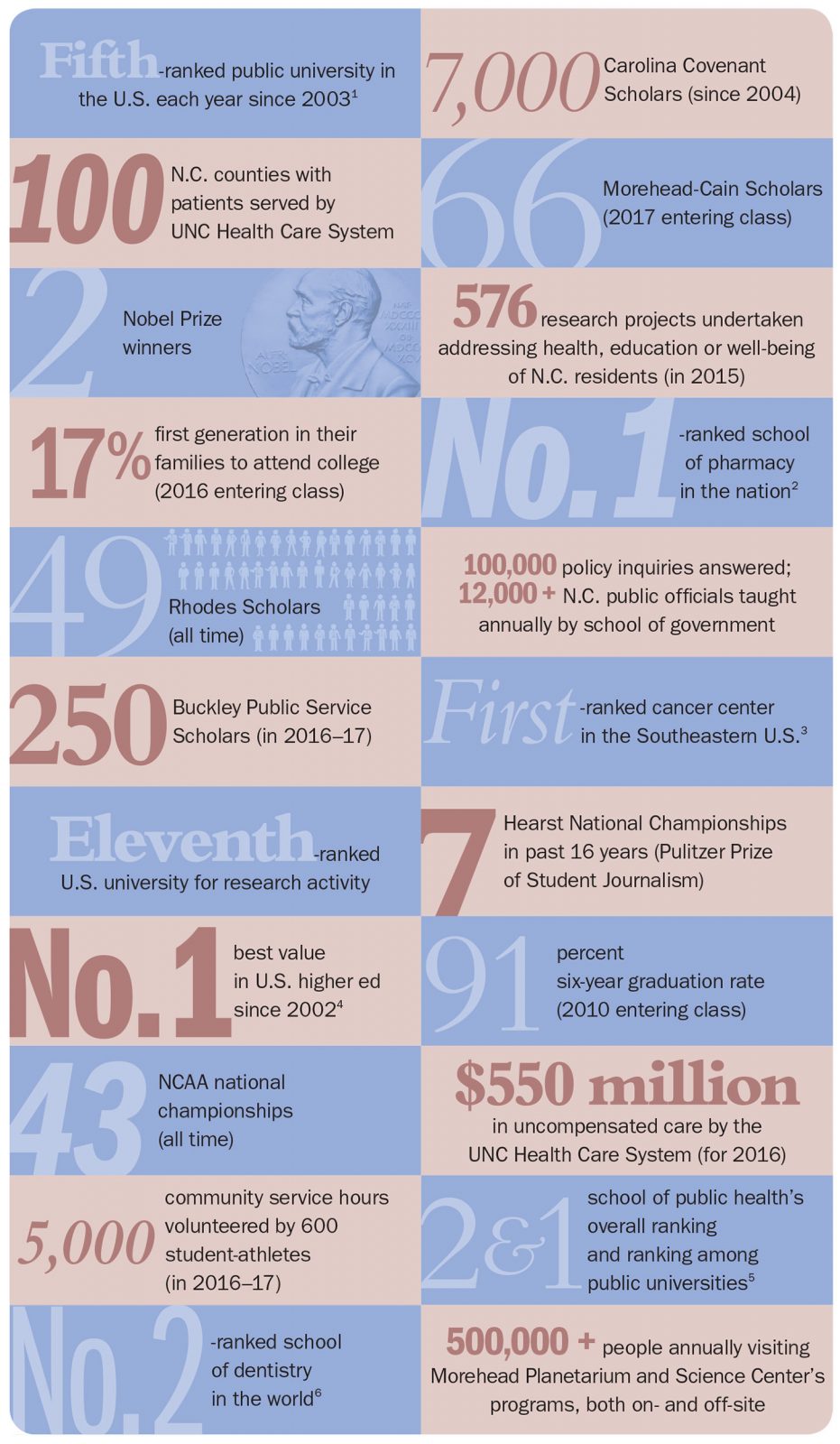- Membership
- Perks and Discounts
- Things To Do
- Resources
- News
- About
- Shop
Related Content
Respectfully Listening and Hearing
March 21, 2023
The Review asked GAA president Doug Dibbert ’70, who is retiring, to choose one “Yours...
Read MoreA Year of Transitions
Feb. 1, 2023
Carolina alumni and friends should remain proud of Carolina’s achievements, resolute about our challenges, saddened...
Read MoreIt’s Time — Thank You
Nov. 11, 2022
Several months ago, then-GAA-Board Chair Dana Simpson ’96 (’00 JD) and I discussed what may...
Read More-
2024
-
2023
-
2022
-
2021
-
2020
-
2019
-
2018
-
2017
-
2016
-
2015
-
2014
-
2013
-
2012
-
2011
-
2010
-
2009
-
2008
-
2007
-
2006
-
2005
-
2004
- Academics and Athletics
- Admissions
- Alumni Profiles
- Alumni Recognition
- Around Town
- Arts
- Books
- Campus Profile
- Campus Safety
- Carolina Alumni Awards
- Carolina Alumni Leadership
- Carolina Alumni Programs and Outreach
- Carolina Alumni Reunions
- Carolina Alumni Review
- Celebrations
- Championships
- College and Costs
- Commencement
- Coronavirus
- Discovery
- Extracurricular
- Faculty
- Faculty Awards
- For the People
- Go Heels
- Greek Life
- Hark the Sounds
- Higher Education
- Homecoming
- In Class
- In Memoriam
- Innovation and Technology
- Issues
- Object Lesson
- On View
- Our Treescape
- Philanthropy
- Podcast
- Public Service
- Race and Reckoning
- Research
- Sexual Assault
- Silent Sam
- Sports
- Structures
- Student Achievement
- Students
- Timelines
- Tuition and Financial Aid
- UNC Libraries
- UNC’s History
- Undergraduate Spotlight
- University Achievements
- University Awards
- University Budget Issues
- University Development
- University Leadership
- University News
- University Rankings
- What We Do
- Who We Are
- Young Alumni
- Yours at Carolina
Elite — But Not Elitist
Posted on Sept. 14, 2017On Nov. 2, 1789 — weeks before ratifying the U.S. Constitution — the N.C. General Assembly approved a milestone in education: the charter for The University of North Carolina. Four years later, the cornerstone of Old East was placed, and on Feb. 12, 1795, Hinton James became Carolina’s first student.

Douglas S. Dibbert ’70
Our University was the only public university in the 18th century with buildings, faculty, students and alumni. And today, Carolina is widely recognized among the elite public, global and student-centered research universities.
Today’s high-achieving students expect to attend an elite institution and seek that out. Those who attend Carolina find that affirmation — and they learn that Carolina has long prided itself on not being elitist.
Below are a few examples of this coexistence. (This compilation is not exhaustive; please share with me anything that strikes you the same way.)
As chair of the Employee Forum at 2011’s University Day — and after having shared an impressive inventory of the contributions of University staff — the late Jackie Overton ’85 (’89 MEd) noted: “This is what we do. … This is who we are.” And at the University’s Bicentennial Observance, the late Charles Kuralt ’55 stated that Carolina “is as it was meant to be — the University of the People.” Their words underscored how Carolina has earned its “elite” recognition without becoming “elitist.”
Yours at Carolina,

Douglas S. Dibbert ’70

© 2024 Carolina Alumni
